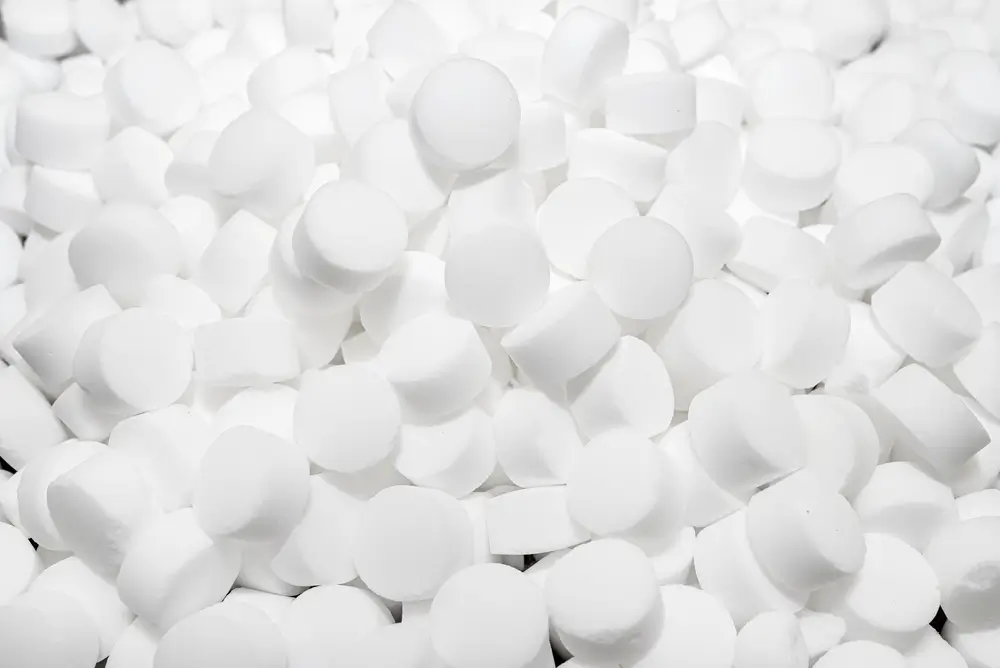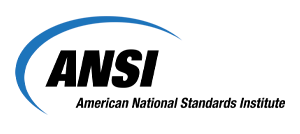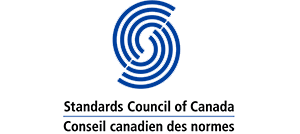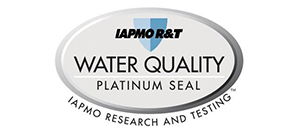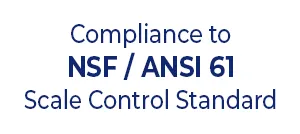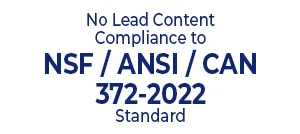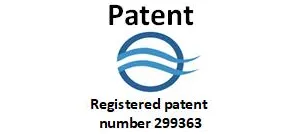If you’ve noticed an odd taste in your water or persistent limescale buildup on your faucets, you may be considering installing a salt-based water softener. But do you really know how these systems work and what impact they might have on your health and the environment?
In this article, we will explore the inner workings of salt-based water softeners, their potential drawbacks, and alternative solutions for managing hard water in a healthier, more sustainable way.
What Is a Salt-Based Water Softener?
A salt-based water softener is a device designed to remove minerals like calcium and magnesium from hard water through a chemical process known as ion exchange. In this process, these hardness-causing minerals are replaced with sodium ions, effectively reducing scale buildup in pipes and appliances.
While these systems have been widely adopted to combat the effects of hard water, they come with several potential downsides that are important to understand before making a decision.
How Does a Salt-Based Water Softener Work?
The operation of a salt-based water softener consists of two key phases: the service cycle and the regeneration cycle.
- Service Cycle
Hard water enters the softener and flows through a resin bed charged with sodium ions. As water passes through, calcium and magnesium ions are exchanged for sodium, softening the water before it reaches your taps. - Regeneration Cycle
Once the resin becomes saturated with calcium and magnesium, it needs to be refreshed. A concentrated salt solution (brine) is flushed through the resin, replacing the trapped minerals with sodium. The excess brine and displaced minerals are then flushed out as wastewater.
Although this system is effective in preventing limescale buildup, it raises concerns regarding health and environmental impact.
Potential Health Risks of Salt-Based Water Softeners
Water treated with salt-based softeners may introduce several health concerns, particularly due to increased sodium levels and the removal of essential minerals. Here are some of the key risks:
Excess Sodium Intake
One of the major concerns with salt-softened water is its elevated sodium content. This can be particularly problematic for individuals with dietary restrictions, such as those with high blood pressure or cardiovascular conditions.
Consuming water with high sodium levels over time may contribute to health issues like:
- Increased blood pressure
- Higher risk of cardiovascular diseases
- Potential kidney strain
Loss of Essential Minerals
Softening water with salt not only removes calcium and magnesium but also eliminates other beneficial minerals that play a vital role in:
- Bone strength and density
- Cardiovascular health
- Muscle function
A deficiency in these minerals could lead to health complications, particularly for those who rely on water as a dietary source of calcium and magnesium.
Environmental and Plumbing Concerns
In addition to health risks, salt-based softeners can have negative effects on plumbing systems and the environment.
Plumbing Corrosion and Maintenance Issues
The sodium content in softened water can accelerate pipe corrosion, reducing the lifespan of your plumbing system. Over time, this may lead to leaks, increased maintenance costs, and potential contamination of household water.
Wastewater and Environmental Impact
Salt-based water softeners discharge brine waste that contains high levels of sodium and removed minerals. When released into wastewater systems, this saline runoff can:
- Pollute freshwater sources
- Harm aquatic ecosystems
- Degrade soil quality, making it less suitable for plant growth
Negative Impact on Plants and Soil
If you use softened water for irrigation, excess sodium can accumulate in the soil, disrupting its natural balance. Over time, this can:
- Reduce soil fertility
- Harm or kill plants
- Contaminate groundwater
Healthier Alternatives to Salt-Based Softeners
Given the potential risks of salt-based softeners, it’s worth exploring more sustainable and health-conscious alternatives that can effectively manage hard water without the drawbacks of excess sodium.
Environmentally Friendly Water Conditioner
Eco-friendly water conditioners, such as the TipaTech T-18 System, offer a sustainable way to prevent limescale buildup while preserving the mineral content of your water. These systems are designed to extend the life of household appliances without introducing excessive sodium into your water supply.
Conclusion: Choosing the Best Solution for Your Home
While salt-based water softeners are effective in reducing limescale buildup, their impact on health, plumbing, and the environment cannot be ignored. High sodium levels, loss of essential minerals, and environmental consequences make it crucial to consider healthier and more sustainable alternatives.
If you’re looking for a more responsible way to treat hard water, consider solutions like the T-18 whole house eco-friendly filter. This option ensures you and your family have access to safer, high-quality water while minimizing harm to your health and the planet.
At TipaTech, we are committed to providing reliable solutions for water quality improvement. If you have any questions about choosing the right water treatment system for your home, feel free to contact us!
